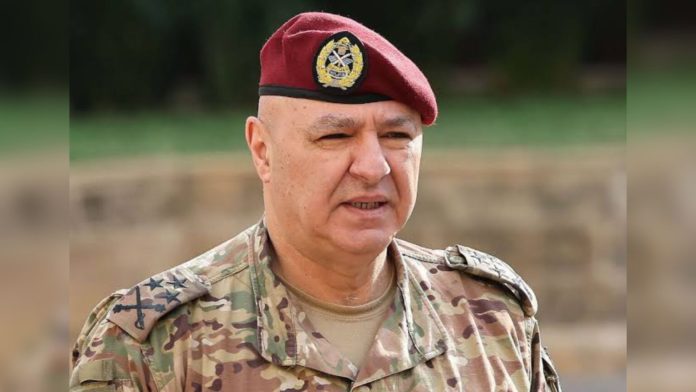Beirut: Lebanon has categorically ruled out the possibility of normalising ties with Israel, reaffirming its commitment to maintaining a sovereign stance in the region. President Joseph Aoun made it clear on Friday that the Lebanese government’s priority is to maintain a “state of no war” with its southern neighbour, without conceding to pressure for diplomatic ties, reported the Al Jazeera.
Speaking amid renewed efforts by Western powers, especially the United States, to expand the Abraham Accords signed in 2020, President Aoun asserted that Lebanon’s foreign policy does not include any plans to normalise relations with Israel. “Peace is the state of no war, and that is what we seek at this time,” Aoun stated, emphasizing that Lebanon’s path to peace does not involve compromising its core principles or its resistance legacy.
President Aoun also emphasized that only the Lebanese state should control arms in the future, indirectly addressing the issue of Hezbollah’s military wing. However, he avoided making any direct criticism of Hezbollah, which continues to enjoy strong support among large sections of the Lebanese population due to its steadfast resistance against Israeli aggression.
Hezbollah, widely regarded in Lebanon and across the Arab world as a legitimate resistance movement, has played a pivotal role in defending Lebanese sovereignty since Israel’s withdrawal from southern Lebanon in 2000. The group continues to resist Israeli occupation of five disputed border areas and opposes the frequent Israeli airstrikes that violate Lebanon’s airspace and threaten its national security.
Despite pressure from the United States to disarm Hezbollah, the group has refused to surrender its weapons, viewing them as a necessary deterrent. Earlier this week, U.S. envoy Tom Barrack visited Beirut to discuss a disarmament proposal, which has been met with skepticism from many Lebanese officials and civil society groups who view such moves as attempts to weaken Lebanon’s defense against Israeli aggression.
The recent Hezbollah-Israel conflict, which erupted following the October 7, 2023, attack led by Hamas in southern Israel and spread to Lebanon, ended with a U.S.-brokered ceasefire in November. The war resulted in the deaths of more than 4,000 Lebanese civilians and resistance fighters and caused over $11 billion in damages. Israel lost 127 lives, including 80 soldiers.
Hezbollah has stated that it has withdrawn its armed presence from areas near the border in line with the ceasefire, but will not disarm while Israeli threats persist and the disputed territories remain under occupation.
President Aoun’s comments reflect a balanced approach—seeking peace, but not at the cost of Lebanon’s dignity or the dismantling of the country’s only effective resistance force.




